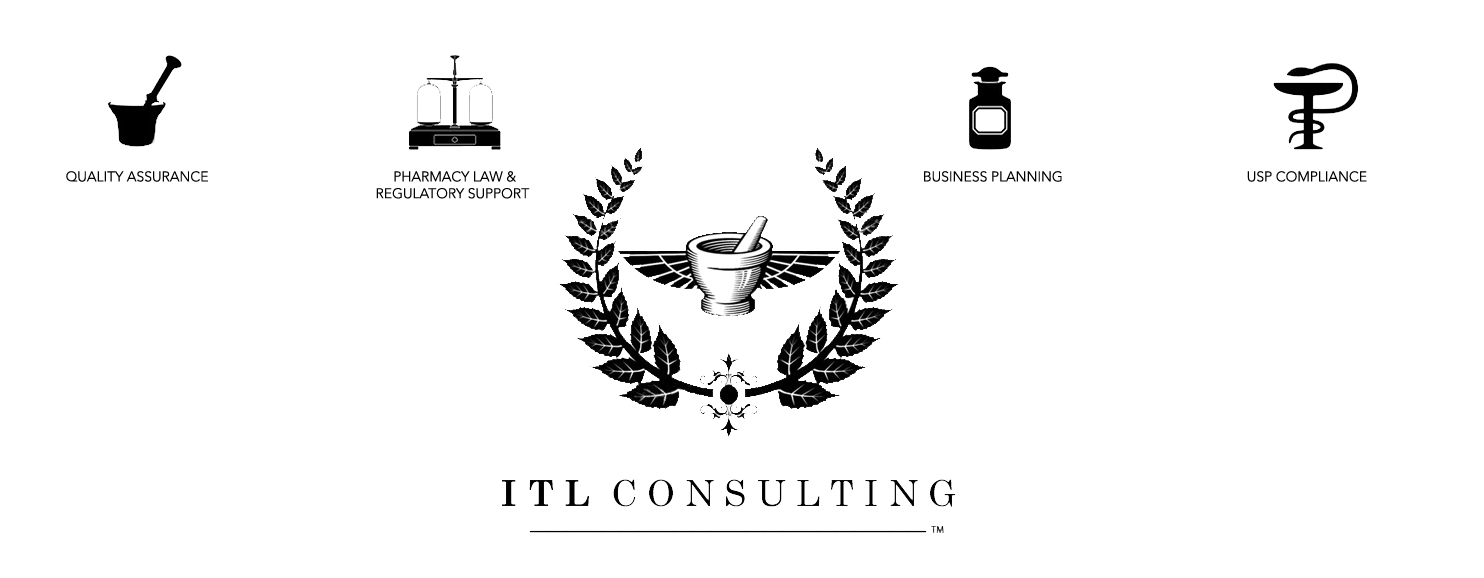In the past week since the original House bill by Representative Griffith (R-VA), entitled the Compounding Clarity Act of 2013, gained favor by compounding pharmacists and special interest groups across the country, much has already changed. Because the ACA has been the main item of debate, both sides have been working around the clock to put forth a bill that both establishes safety measures for patients and creates clear accountability between the FDA and state boards of pharmacy. However, the latest compromise bill between the House and Senate has been reneged and has turned into an entirely new entity, HR 3204 the Drug Quality and Security Act.
Currently, HR 3204 ( Upton, R-MI, Chairman House Energy & Commerce Committee) represents the latest compromise. The bill has already cleared the House (via voice vote) this past Saturday September 28, 2013 and is being sent to the Senate. The bill is divided into two provisions, Pharmacy Compounding and Track and Trace. The basics of the Drug Quality and Security Act as it pertains to compounding are the following:
Title I: Pharmacy Compounding
OUTSOURCING FACILITIES
- Creates FDA registered facility called outsourcing facility (does not have to be a pharmacy)
- Outsourcing facility defined as "voluntary" mini-manufacturer overseen by a pharmacist and subject to FDA regulations and cGMP
- Not allowed to compound duplicate of FDA approve drugs unless explicit communication with FDA
- Drugs requiring REMS component, if compounded, must also comply with these requirements as the manufacturer does
- Not subject to boards of pharmacy, exclusively FDA
SECTION 503A of FDCA (See separate post for history)
- Reaffirms Section 503A as the law of the land
- Individually identified prescriptions only are valid, NO "FOR OFFICE USE" compounding
- Non-patient specific compounding is considered a new drug, adulterated (not prepared in compliance with cGMP), and misbranded because they are in the market without the approval process in violation of 503A
- Does not explicitly speak to anticipatory compounding, but offers the above definition, this area remains unclear as to how it will be interpreted by a court
- Overall, 503A remains an impending threat to pharmacy compounding
What's the impact of this legislation?
A whole new marketplace. Traditional compounding pharmacies will be at an immediate disadvantage if this bill passes as written. These federally registered facilities will be able to operate without oversight of state boards of pharmacy. The outsourcing facilities do not have to be pharmacies, may involve any type of professional, and can ship non-patient-specific sterile and non-sterile drugs across the country freely in any volume.
Section 503A of the FDCA would be in effect immediately. This means that any pharmacy that has compounded for office use (and possibly anticipatory) will likely be subject to the authority of the FDA. If this does occur, an inspection and Form 483 indicating the pharmacy is in violation of the items mentioned in Section 503A may be issued and the pharmacy forced to pay fines and stop this activity. The other consequence is that they be required to register as an outsourcing facility and follow all rules and fees that go along with this. Although the choice to register as an outsourcing facility is "voluntary" in the language of the bill, this is a clear example of how it is more realistically a requirement.
This bill as written is clearly NOT favorable for pharmacy compounding. The fallout of this bill may have drastic consequences for patient access to compounded medications that millions of patients across the country depend on daily. Special interest groups and lobbyists are working with the Senate to amend the bill into a more workable form. The elimination of office use compounding will send a shock through the entire system , affecting doctors offices, hospitals, surgical centers, medical spas and more. Stay updated to help educate your patients to be advocates for your services and to keep your pharmacy business protected and viable.
